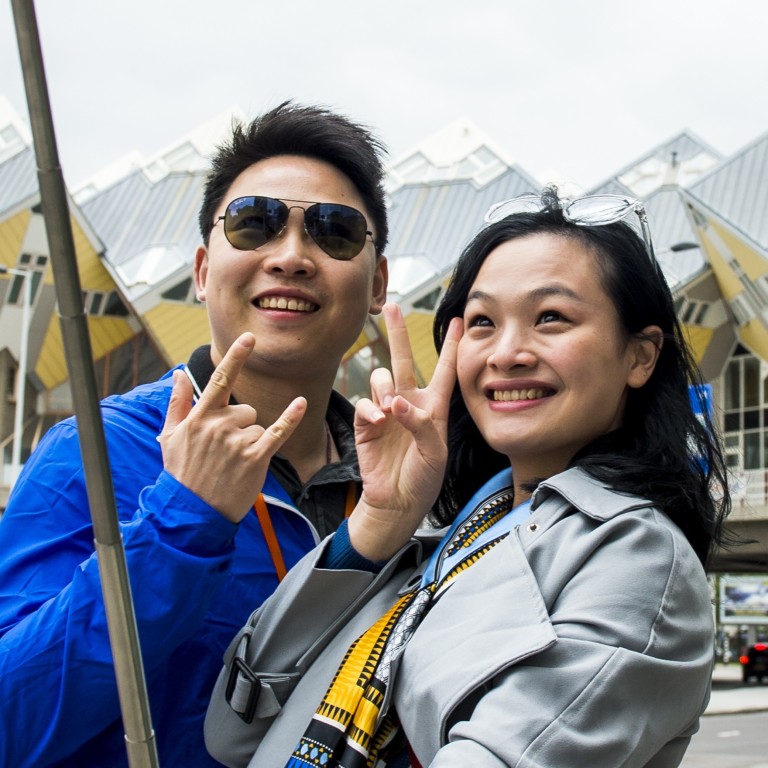
Can an app clean up the overseas image of Chinese tourists?
- The Chinese-language app acts as a cultural directory, compiling around 1,500 heritage locations around Europe
- Shake to Win is aimed at the growing number of millennial travellers who are ditching the tour groups
Visitors from China arriving in Vincent van Gogh’s picturesque hometown in North Brabant, Holland, typically reflect the trope of Chinese international tourism.
A bus stops, a group of people – sometimes led by an umbrella-wielding tour guide – clamber out, wander around for a short time, snapping copious photos on mobile phones and long-lensed cameras, before piling back onto the bus and rolling onwards to the next destination.
Tourists flock to Taiwan in record numbers despite drop from mainland China
“There’s no economic profit for our region, there’s no social profit for being in contact with other cultures for the community, so the only profit is for the tour operator,” says Frank van den Eijnden, director of the Van Gogh Heritage Foundation, on his region’s tourism from China, while on a recent trip to Hong Kong.
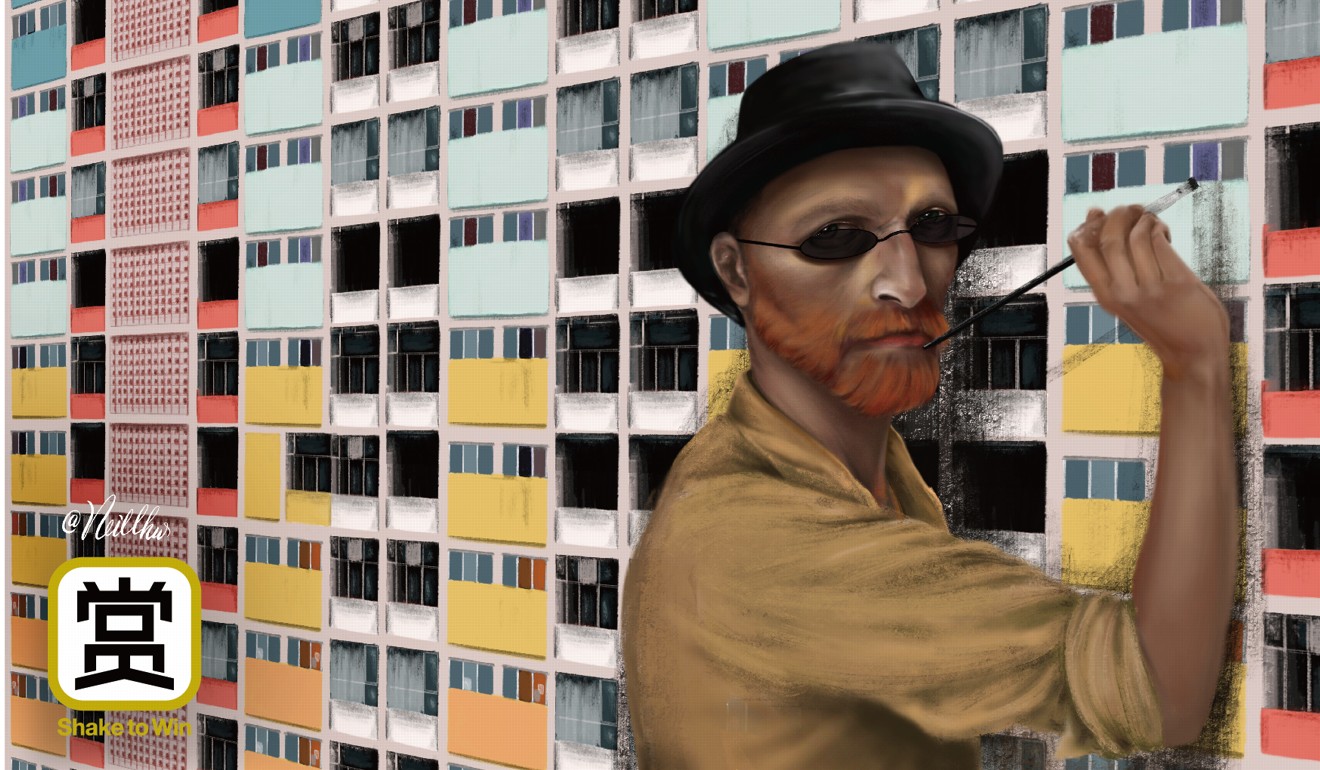
He was therefore delighted when Shanghai-based entrepreneur Emily Cheung showed up in Brabant last year with Chinese rapper MC Han and a business plan to transform the type of visitors the town receives, as well as the stereotypes of Chinese tourists that have formed in his community over recent decades.
“We are trying to improve the misconceptions of Chinese tourists,” says Hong Kong-raised Cheung, who has travelled to more than 60 countries. “The Chinese are getting more wealthy and they want to see the world, but there is a cultural gap.”

Her solution is a travel app called Shake to Win, which launched in Hong Kong last week.
The app has been tailor-made for China’s millennials who, unlike their parents and grandparents, are increasingly avoiding group tours, travel agents and packages. Instead, this group is redefining the country’s outbound tourism by opting for self-planned solo or small group travel – the kind of travel that Cheung hopes to support with Shake to Win.
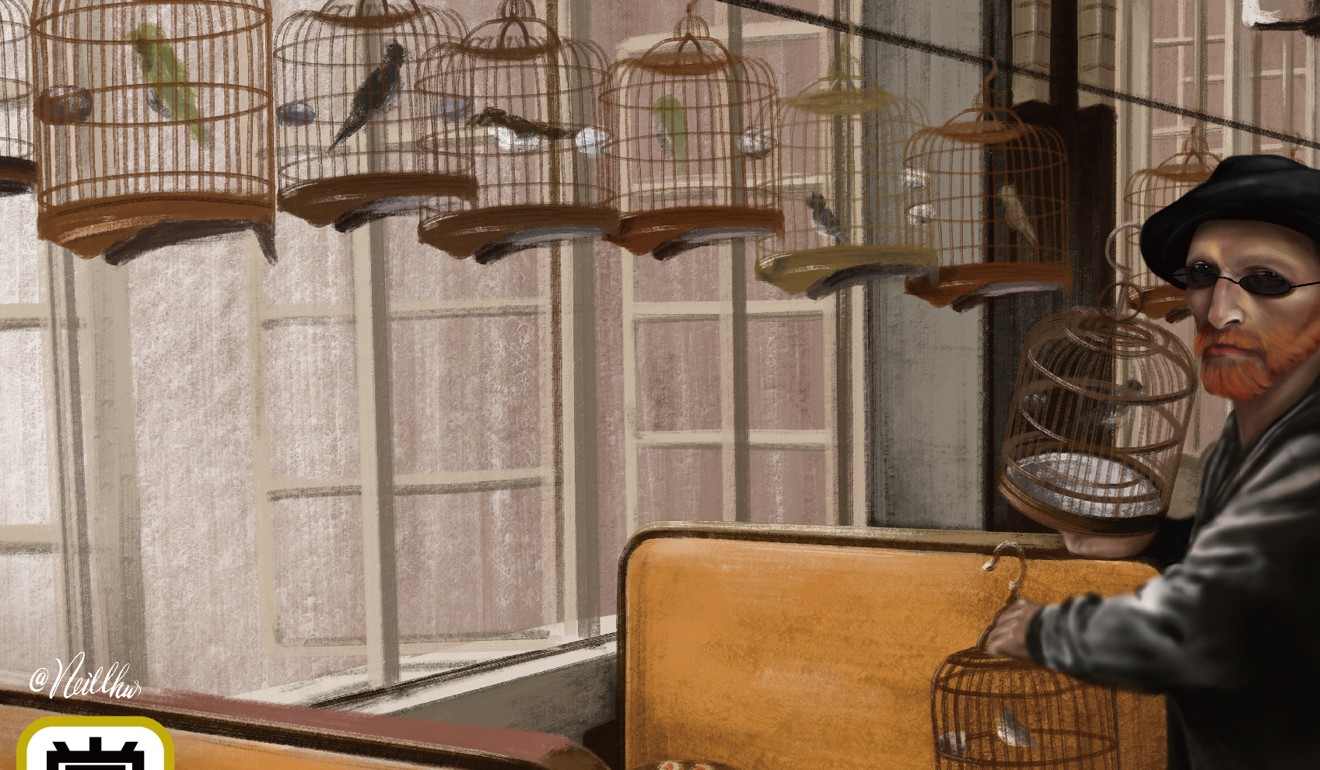
“The people who use the app are Chinese independent travellers … who are passionate about culture,” Cheung says. “[The app] is telling them the story of a place while they are travelling, and that’s something they can take home to tell their friends.”
Instead of listing shopping malls or Michelin restaurants, the Chinese-language app acts as a cultural directory, compiling around 1,500 heritage locations around Europe – ranging from decades-old artisan cheese shops to sites like the Van Gogh home in Brabant.
This creates a resource for travellers who are not linked to tour groups, a style of tourism that has rocketed in popularity in recent years. Some 65 per cent of China’s 130 million international tourists preferred this independent mode of travel last year, according to an annual survey by Hotels.com.
To pitch to these young, driven Chinese travellers on how they can connect to Europe’s stories and culture, Cheung brought MC Han on a recent visit to Van Gogh's hometown.
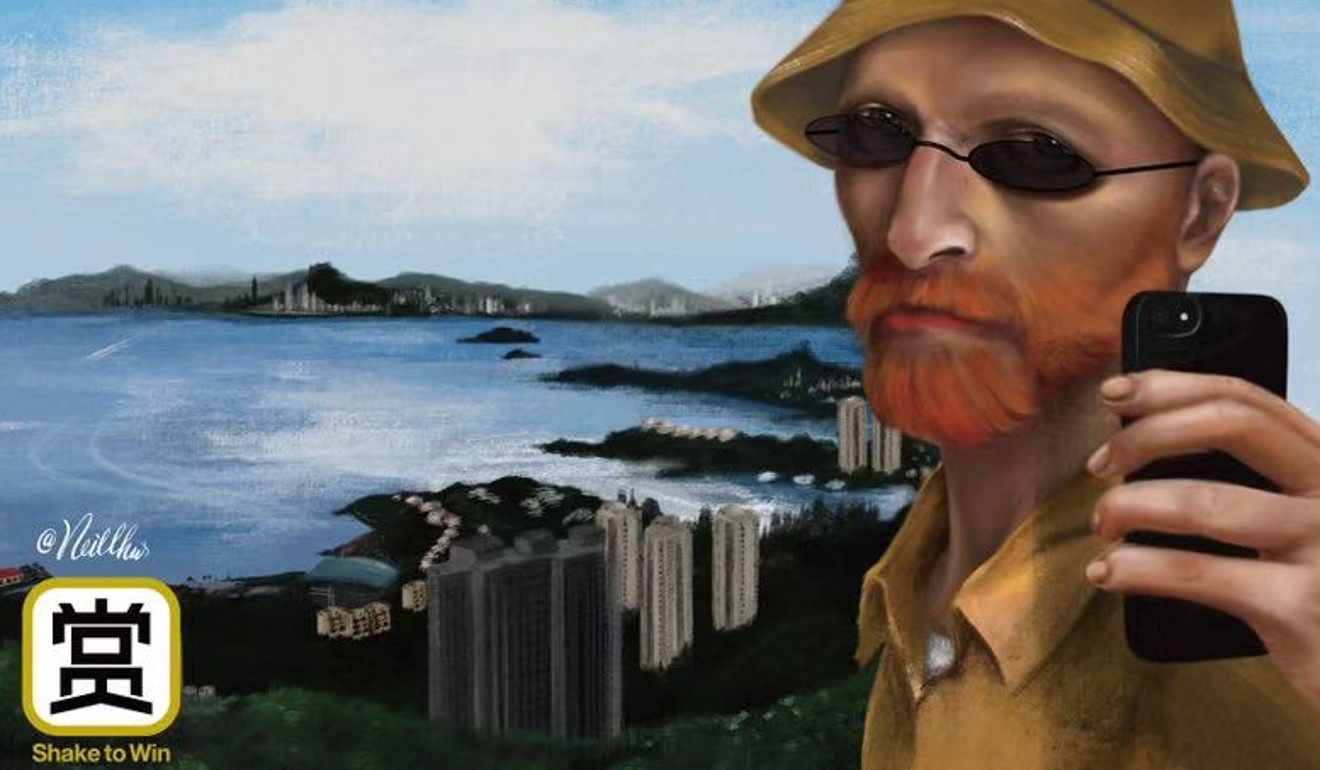
There they shot a music video in the 19th-century painter’s old haunts, with Los Angeles-based Han rapping “Imma paint the world like I think that it’s meant to be”, alternating between English and Mandarin lyrics as he wandered across the region’s yellowing heathlands.
“[Van Gogh was] a very hip-hop person; he did what he loved and young people can be inspired by that,” Cheung says.
Tourists behaving badly – why do some travellers conduct themselves differently on holiday?
The approach was supported by Pim Sybesma, international trade manager at VisitBrabant, an organisation promoting local tourism for the region that lies a couple of hours south of Amsterdam.
“This is how you have to connect with young travellers,” Sybesma says, noting that the region was keen to attract Chinese travellers who appreciate Van Gogh on a deeper level than just stopping by Amsterdam’s famous Van Gogh Museum.
“They have the official works, but we have the stories,” Sybesma says.
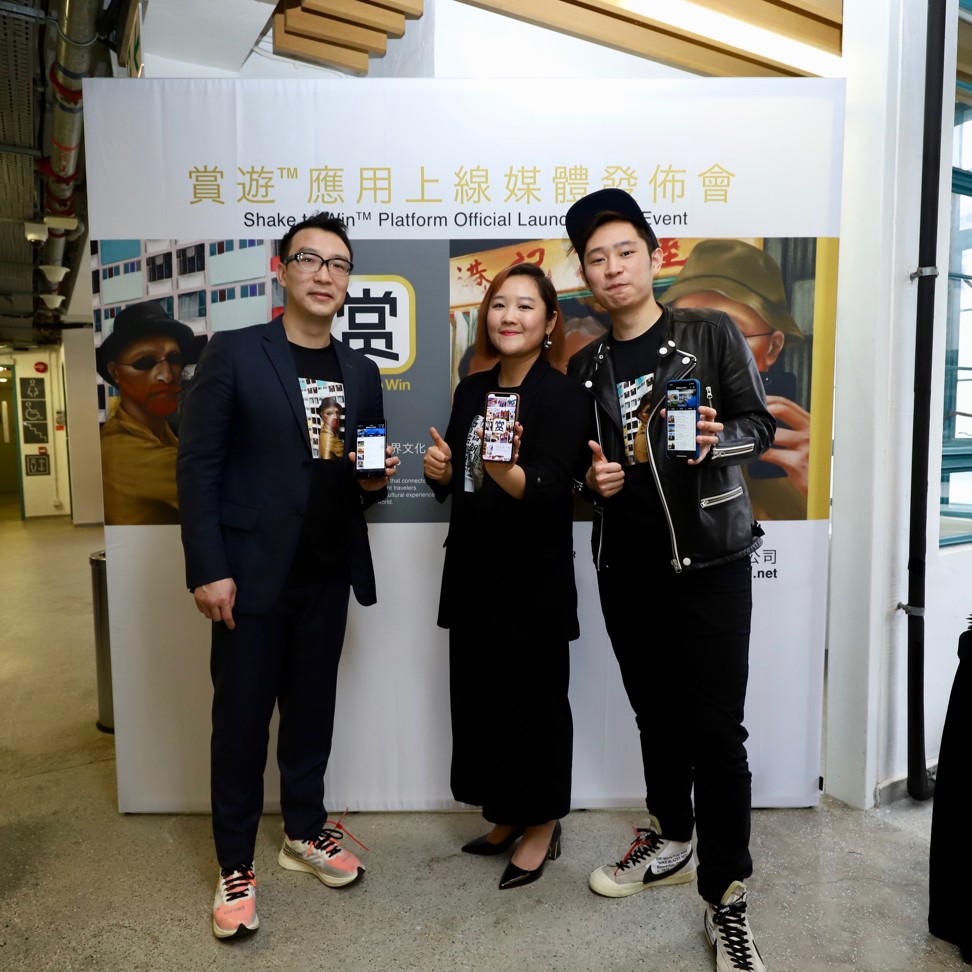
Stumbling on such cultural stories and off-the-beaten-path towns in her own travels was what inspired Cheung to launch the app, which has already being used 30,000 times.
“I started travelling when I was 18 and I had been to five continents, over 60 countries and around 80 cities, but still I never went to Munich or to Saint-Rémy-de-Provence. I never knew there were such amazing places,” Cheung says.
She wants to introduce these places and their significance to her peers. “These experiences were meaningful in my own travels,” she says.

